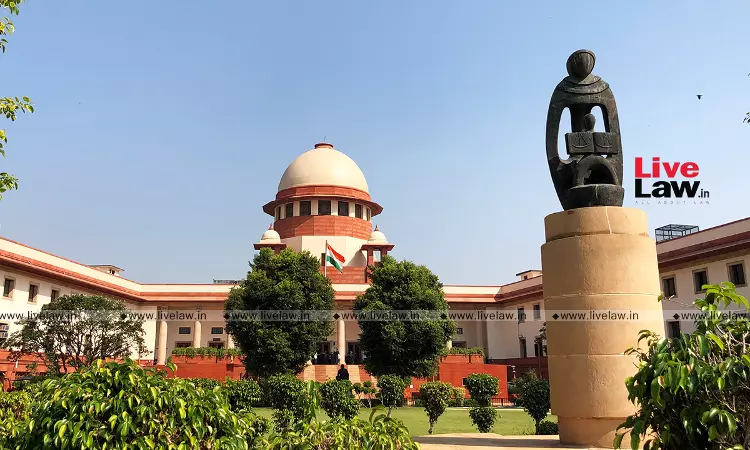Transfer Of Govt Employee Not Vitiated Merely Because It Was Issued At Instance Of MLA : Supreme Court
Yash Mittal
14 March 2024 11:11 AM IST

Next Story
14 March 2024 11:11 AM IST
The Supreme Court on Wednesday (March 13) observed that the interference by the court in an order of transfer at the instance of a state employee holding a transferrable position without any violation of statutory provision is impermissible. Reversing the findings of the High Court's Division Bench, the Bench Comprising Justices J.K. Maheshwari and Sanjay Karol, while restoring the findings...
